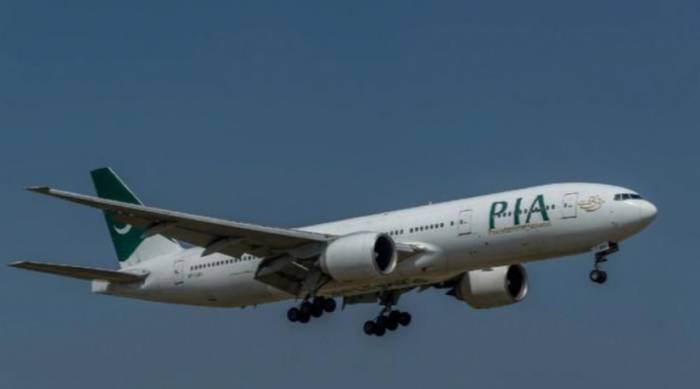Translation in English: The United States' strategic layout has failed! Market v
Recently, Boeing in the United States has welcomed a delightful day—receiving a generous gift from Indian airlines, with an order for 220 aircraft.
Indian airlines have placed a significant order with Boeing, providing the company with a chance for revival and a turnaround opportunity.
It is important to note that in recent years, Boeing has gradually lost the Chinese market, leading to a bleak business situation. This order from Indian airlines is akin to sending a substantial sum of money to Boeing in the United States.
However, Boeing's tough times are not over yet; a market value drop of 900 billion yuan may only be the beginning.
01, The Indian Mega-Order
Boeing in the United States is basking in its success, but Indian airlines have played fair, placing an order for 270 aircraft with Boeing's formidable competitor, Airbus.
It appears that while Boeing has reaped a large order, Airbus has not lagged behind in this round. In terms of quantity, Airbus's order is comparatively larger.
Over the years, the competition between Boeing and Airbus has been intense. Although Boeing has received a significant order this time, it has not played a role in enhancing Boeing's competitiveness in the aviation market in pursuit of Airbus.
Moreover, with the rapid recovery of China's tourism market this year, several airlines may increase their aircraft orders. At that time, Boeing, which has lost the Chinese market, may see an even greater gap widening.Over the years, Boeing's sales have visibly dropped compared to previous years, a decline that is closely linked to the company's series of air disasters.
Boeing aircraft have been renowned for their quality and widespread presence across the globe for over six decades. However, as Boeing's sales have expanded, the number of air disasters involving Boeing planes has also increased, leading to a rise in the number of victims.
In the 21st century, the frequency of Boeing air disasters has continued to rise. In 2005 alone, there were four terrifying air disasters worldwide involving Boeing planes, resulting in the loss of approximately 600 lives.

Between 2010 and 2014, Boeing aircraft accidents occurred almost annually. The Malaysia Airlines disaster in 2014 is particularly memorable, with many netizens at the time still recalling the incident. The plane vanished into the Pacific Ocean, claiming the lives of 239 people.
In recent years, news of Boeing accidents has also been heard occasionally. Last March, a Boeing passenger plane crashed in Guangxi, resulting in the tragic loss of 132 lives.
The frequent accidents involving Boeing aircraft over the decades have led many to lose confidence in the safety of Boeing planes. As a result, Boeing has been at a significant disadvantage in terms of safety when competing with its strong rival, Airbus, in the aviation market, and has also lost the trust of many passengers.
03, The Chinese Market Decides the Outcome
In addition to its safety disadvantages, there is another crucial factor that has put Boeing at a significant competitive disadvantage compared to Airbus: Boeing has lost the Chinese market.
The United States has long harbored ill intentions towards China, repeatedly disrupting China's economic development and trying every means to obstruct China's path of innovation.
The actions of the United States are seen by the people within the country, and this has also affected the reputation of American companies in the domestic market.Currently, Boeing's stock price on the U.S. stock market is $205, with a total market capitalization of $123 billion. In fact, this is still the data after a significant rebound in recent times; prior to this, Boeing's market value had even plummeted to $60 billion.
However, looking back at the stock price in its peak year of 2019, the giant's market value reached as high as $260 billion, which means it has lost $140 billion over the years, equivalent to over 900 billion yuan in Chinese currency.
This time, Boeing secured a large order from India, which was originally a great opportunity for its stock price to rebound. However, unexpectedly, its competitor Airbus also secured a large order.
Moreover, for Boeing in the United States, the Chinese market that has been relinquished over the past few years may be very difficult to regain in the future, as China's large passenger aircraft, the C919, has made its debut.
By the end of November 2022, China's C919 had already received orders for 1,115 aircraft, and subsequently, it has also received orders from various countries overseas, with the data continuously being updated.
This is undoubtedly a breakthrough in the development of China's aviation industry.
After a decade of persistent refinement domestically, China's domestic aircraft have now developed to a considerable maturity. In the future, domestic demand for passenger aircraft can be met with homegrown planes, which also means that the number of times China will purchase Boeing aircraft will be significantly reduced, and the orders Boeing can receive from China will become even more limited.
Post Comment